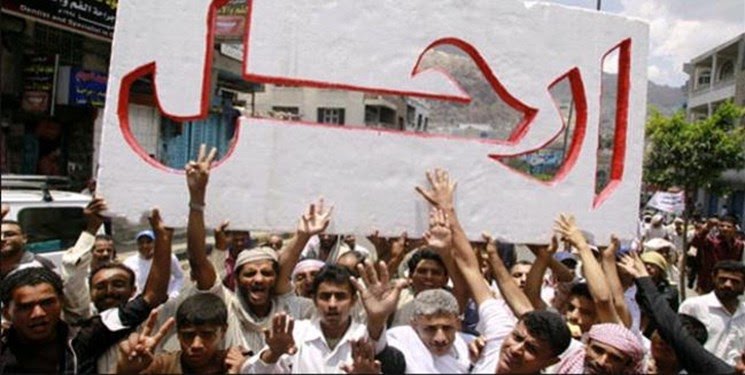“Abrahamic Houses”; US soft war to change the identity of Yemeni youth?
The announcement by the US Embassy in Yemen that it will provide facilities for Yemeni youth to live in so-called Ebrahimi homes has raised many questions about the project’s goals.
The US Embassy in Yemen recently announced that it is providing assistance to young people of different faiths to live together in so-called “Abrahamic houses” and to live by such religious beliefs, according to the International Group of News News. Examine daily.
“The Yemeni people have always supported the Palestinian cause and the people in all walks of life, and the Yemeni people, on all occasions, despite the Saudi coalition’s attack and the coalition’s attempt to turn Yemen into a defeated state,” the Rai Al-Youm newspaper wrote in a note. Various have expressed their solidarity with the Palestinian people.
In this context, the US Embassy issued a controversial statement that many considered “evil” inviting young people to live in Ebrahimi homes, a name similar to the so-called Arab-Tel Aviv normalization agreement. It is “Abraham” or Abraham. According to the statement, the US Embassy seeks to attract Yemeni youth of both sexes to live in these homes to get to know their thoughts and beliefs.
Al-Jayousi then wrote that many questions had been raised about the US goal of the move, at a time when the Yemenis needed support to stop the war and rebuild their country. In addition, the call for mixing between men and women has angered the conservative community in Yemen.
Critics advocate religious tolerance and recognition of different religions, but the facility may not serve the purpose of such homes, even in a war-torn country, and seeks to promote ideas such as normalizing relations with Tel Aviv and promoting Christianity. And apostasy from Islam.
Saudi Arabia, at the head of an Arab-backed coalition led by the United States, has launched a military aggression against Yemen and imposed a land, air and sea siege on April 26, 2015, claiming that it was trying to bring ousted Yemeni President Abd al-Mansour Hadi to power.
The military aggression did not achieve any of the goals of the Saudi coalition and was only accompanied by the killing and wounding of tens of thousands of Yemenis, the displacement of millions, the destruction of the country’s infrastructure and the spread of famine and infectious diseases.
This week, five million people in Yemen, including 400,000 children, are on the brink of famine, said David Graysley, UN humanitarian co-ordinator in Yemen, at a news conference in Geneva.









